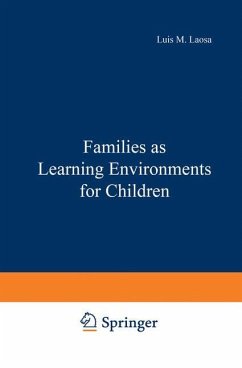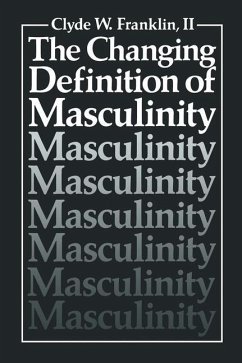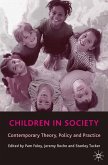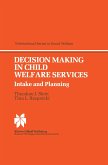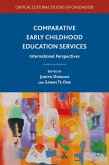In a previous volume, Families as Learning Environments for Children, we presented a series of chapters that dealt with research programs on the role of families as learning environments for children. Those studies were based on empirical data and sought answers to basic research questions, with no explicit concern for the application of the results to practical problems. Rather, their purpose was to contribute primarily to conceptualization, research methodology, and psychological theory. Now, in this volume, we turn our attention to intervention-efforts to modify the way a family develops. As in our previous conference, the participants of the working conference on which the present volume is based are research scientists and scholars interested in application. This group is distinct from practitioners, however, whose primary focus is service; participants in this conference have as their primary interest research into the problems of processes of application. Applied professional issues concerning the lives of families come from many varied sources, from some that are distant and impersonal (e. g. , the law) to direct face-to-face efforts (educators, therapists). The variety of sources and types of applications are eloquent testimony to the degree to which families are subject to a host of societal forces whose implicit or explicit aim is to modify family functioning. For example, some educators may wish to alter family child-rearing patterns to enhance child development; the clinician seeks to help families come to terms and to cope with a schizophrenic child. The list can be extended.
Hinweis: Dieser Artikel kann nur an eine deutsche Lieferadresse ausgeliefert werden.
Hinweis: Dieser Artikel kann nur an eine deutsche Lieferadresse ausgeliefert werden.


